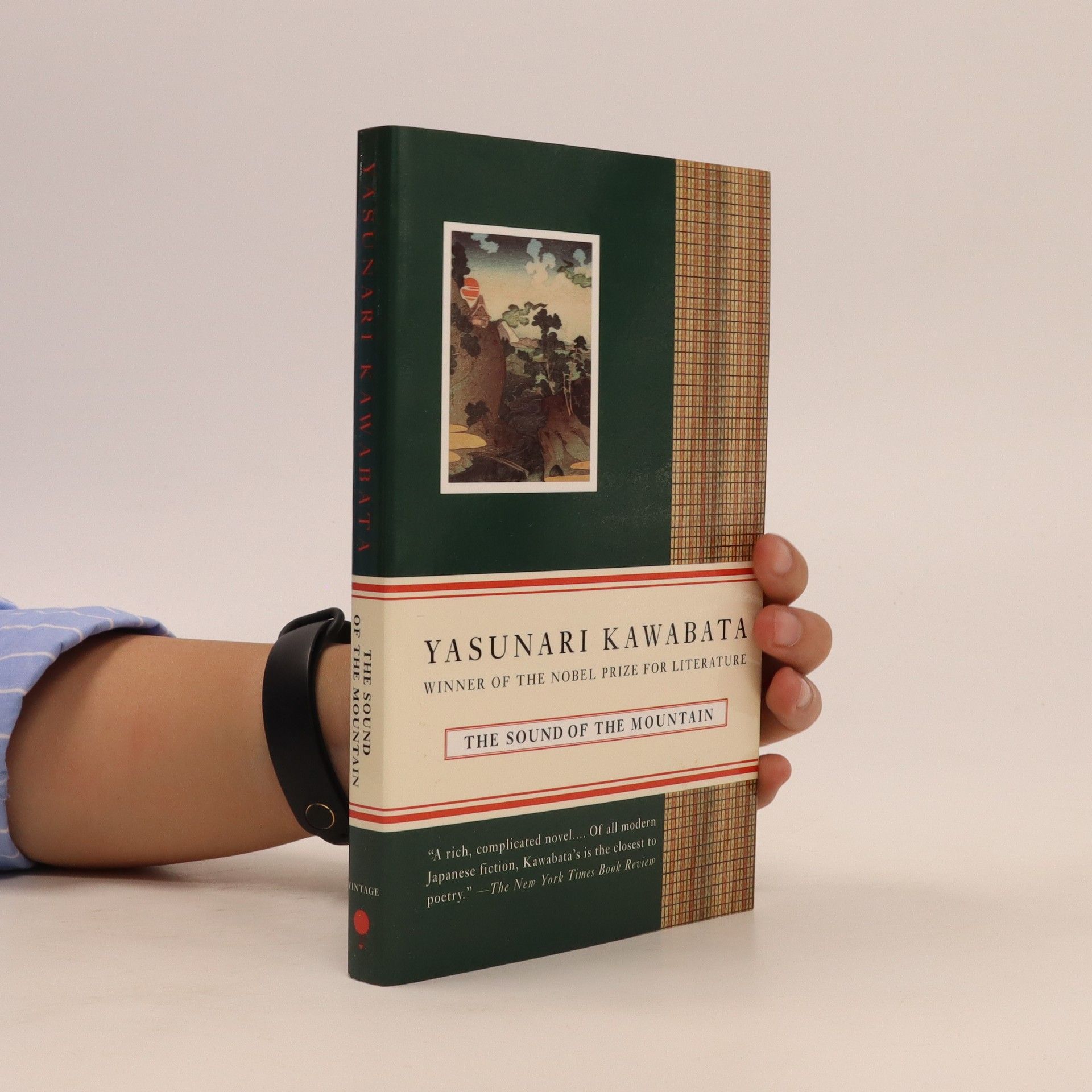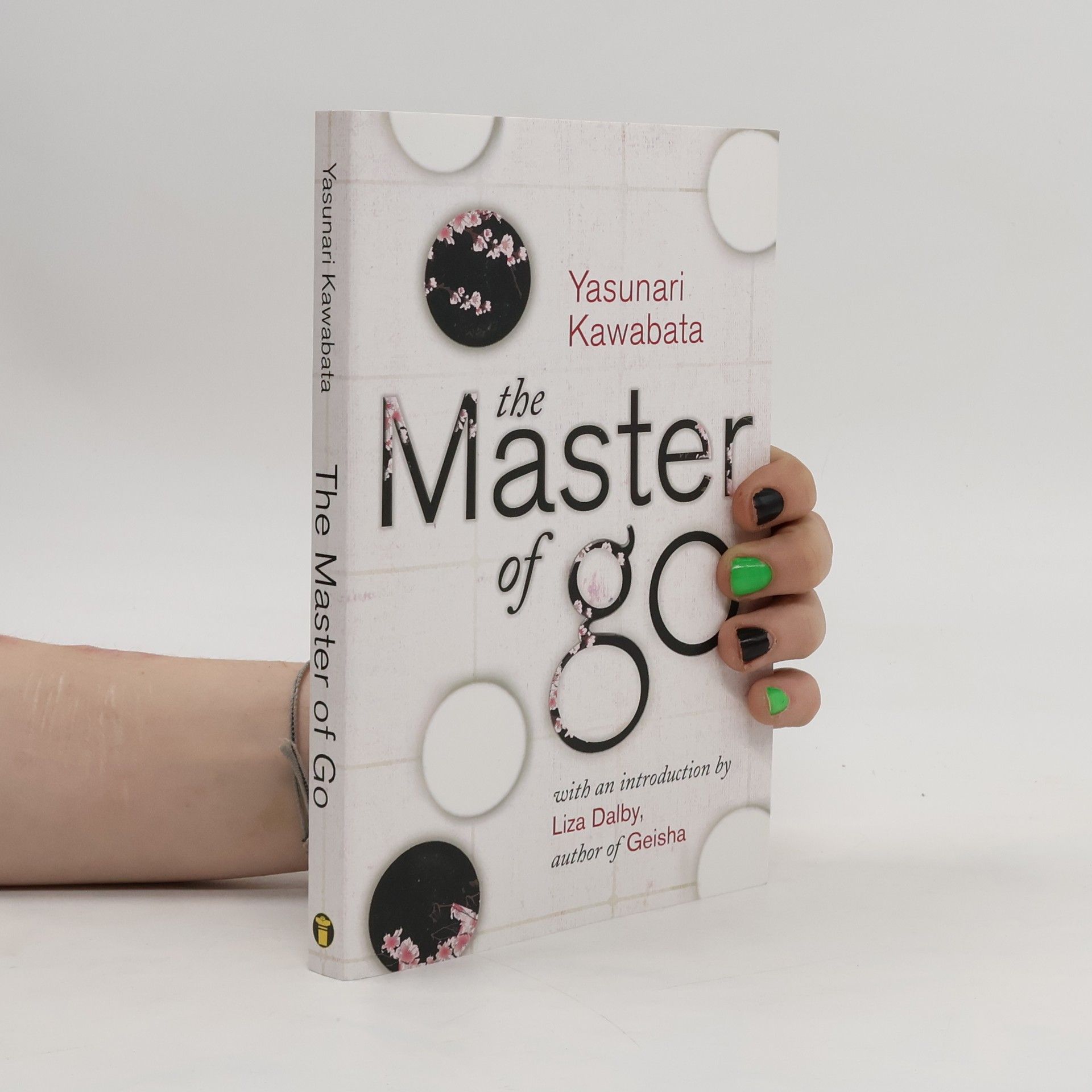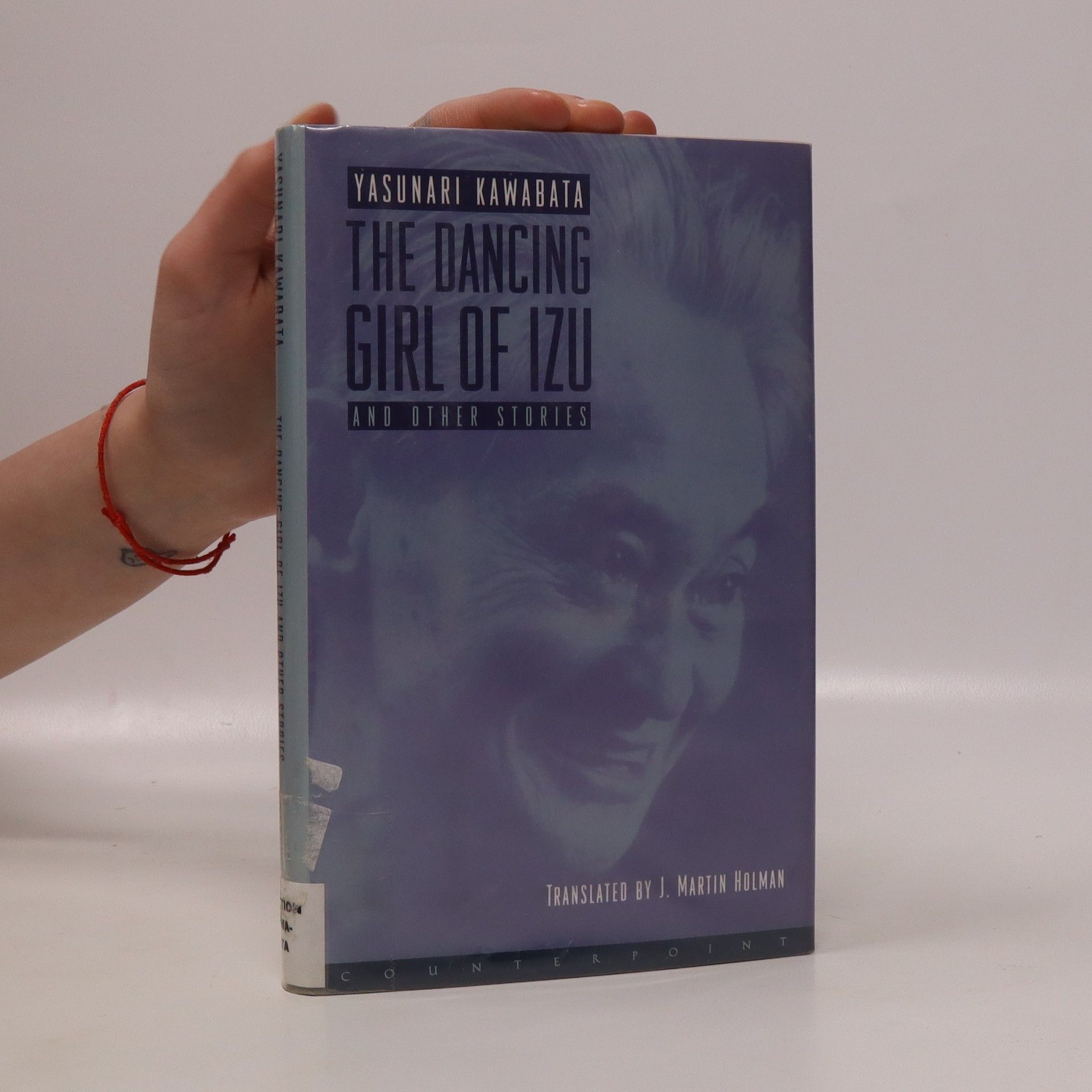Impulsado por la nostalgia, Oki Toshio, un escritor casado, decide viajar a Kioto para oír las campanas del templo en el Año Nuevo. Pero además quiere ver a Otoko, antigua amante a la que había humillado. Todavía hermosa, Otoko, ahora pintora, vive con su protegida Keiko, una joven amoral, sensual y apasionada de apenas veinte años. Y lo que comienza como un reencuentro sentimental entre el maduro Oki y la discreta Otoko se convertirá. Por voluntad de Keiko, decidida a vengar a su mentora, en un cruel drama de amor y destrucción.
Jasunari Kawabata Libros
La prosa austera, lírica y sutilmente matizada de Yasunari Kawabata le valió el Premio Nobel de Literatura. Sus obras se celebran por su elegante minimalismo y profunda perspicacia psicológica, explorando temas como la belleza, la soledad y la impermanencia. Kawabata capta magistralmente la vida interior de sus personajes, empleando a menudo imágenes de la naturaleza para transmitir complejas emociones humanas. Su profunda influencia en la literatura japonesa moderna sigue resonando entre lectores de todo el mundo.

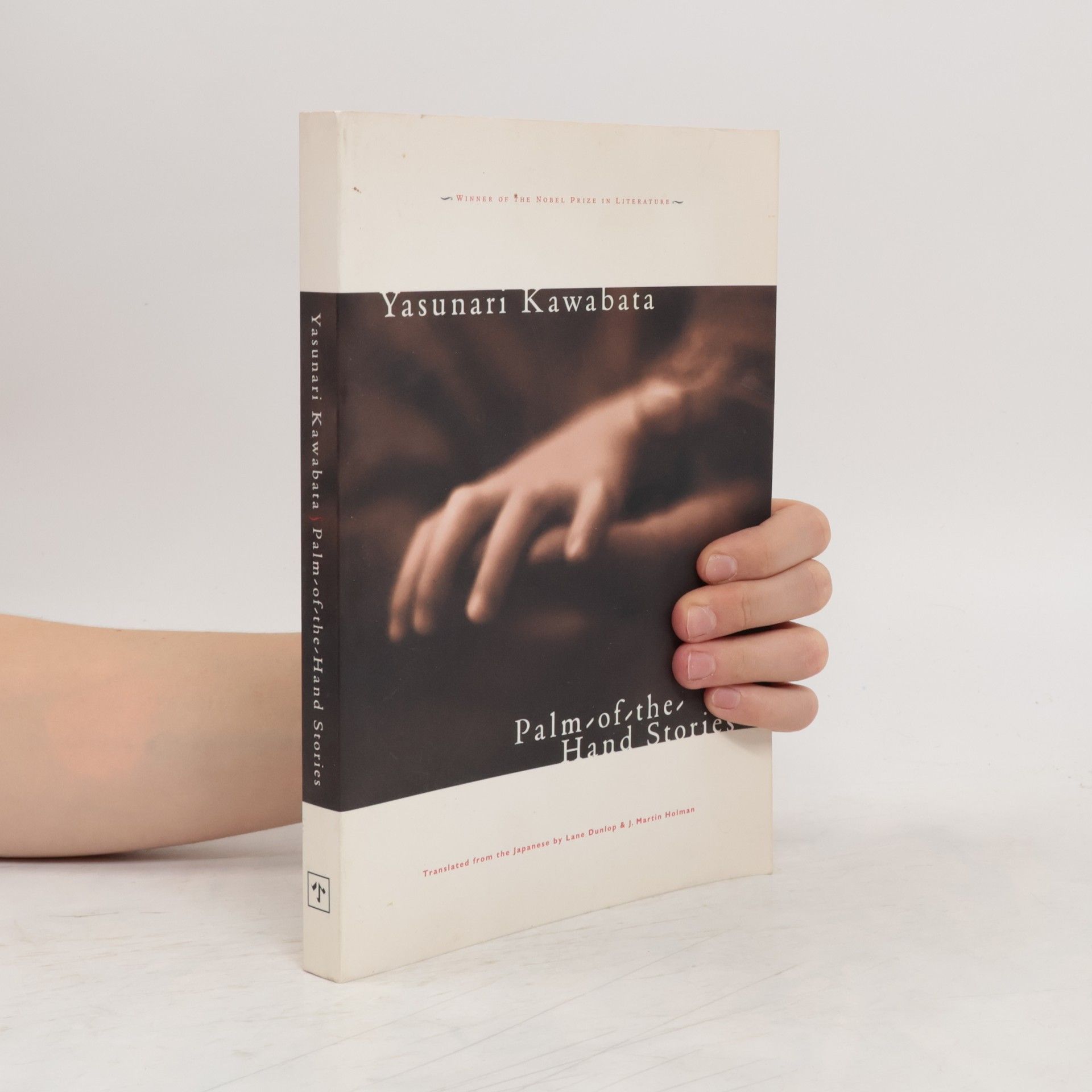

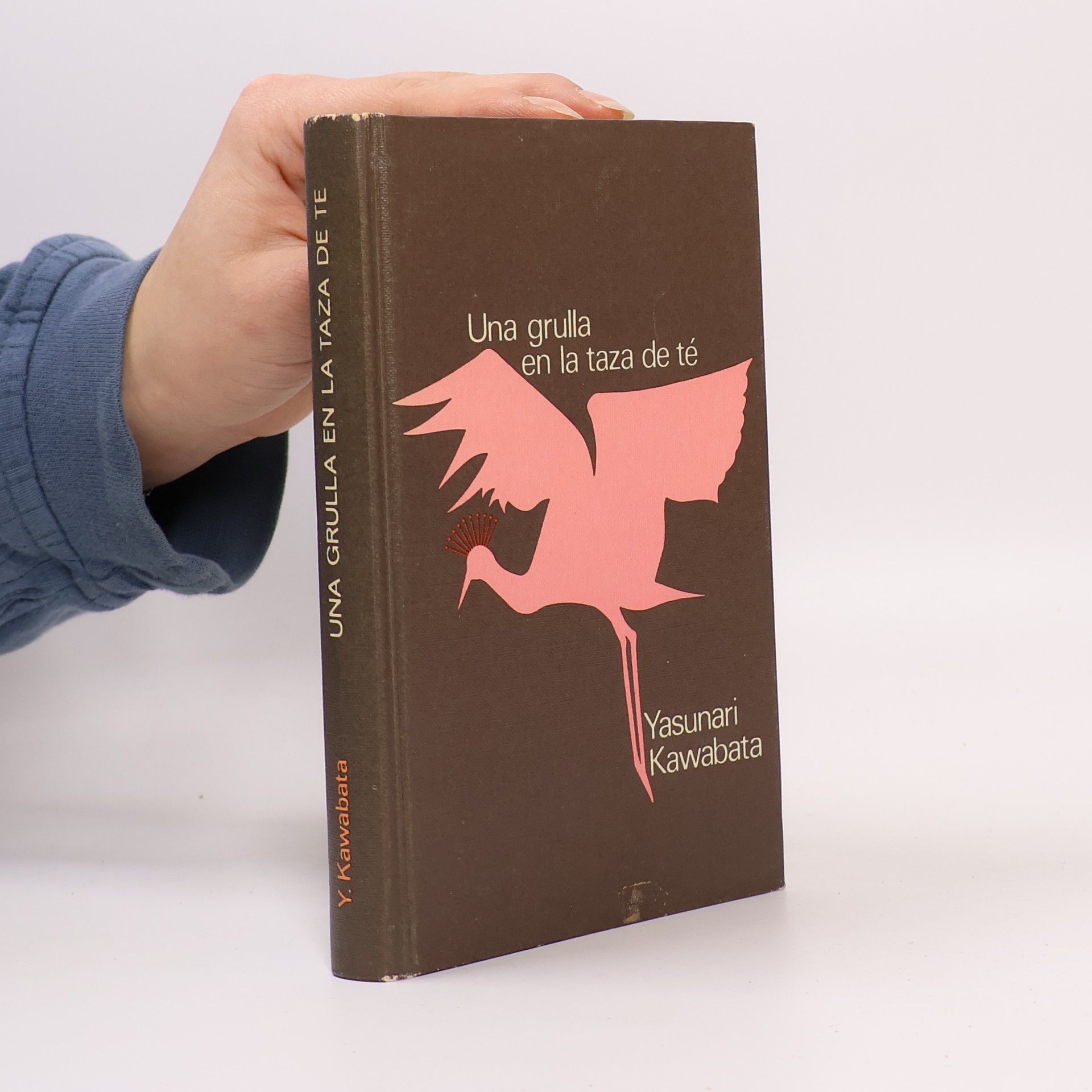
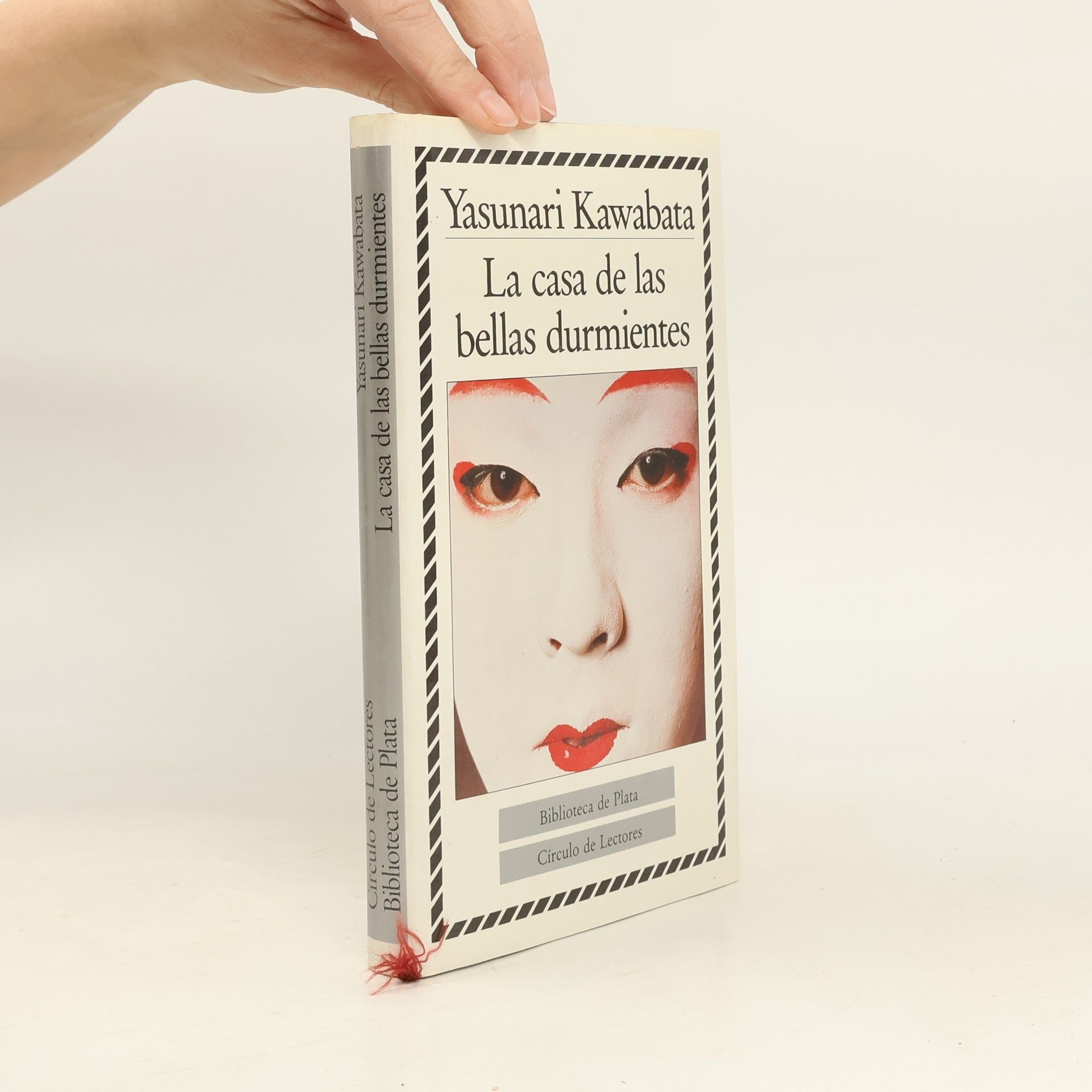

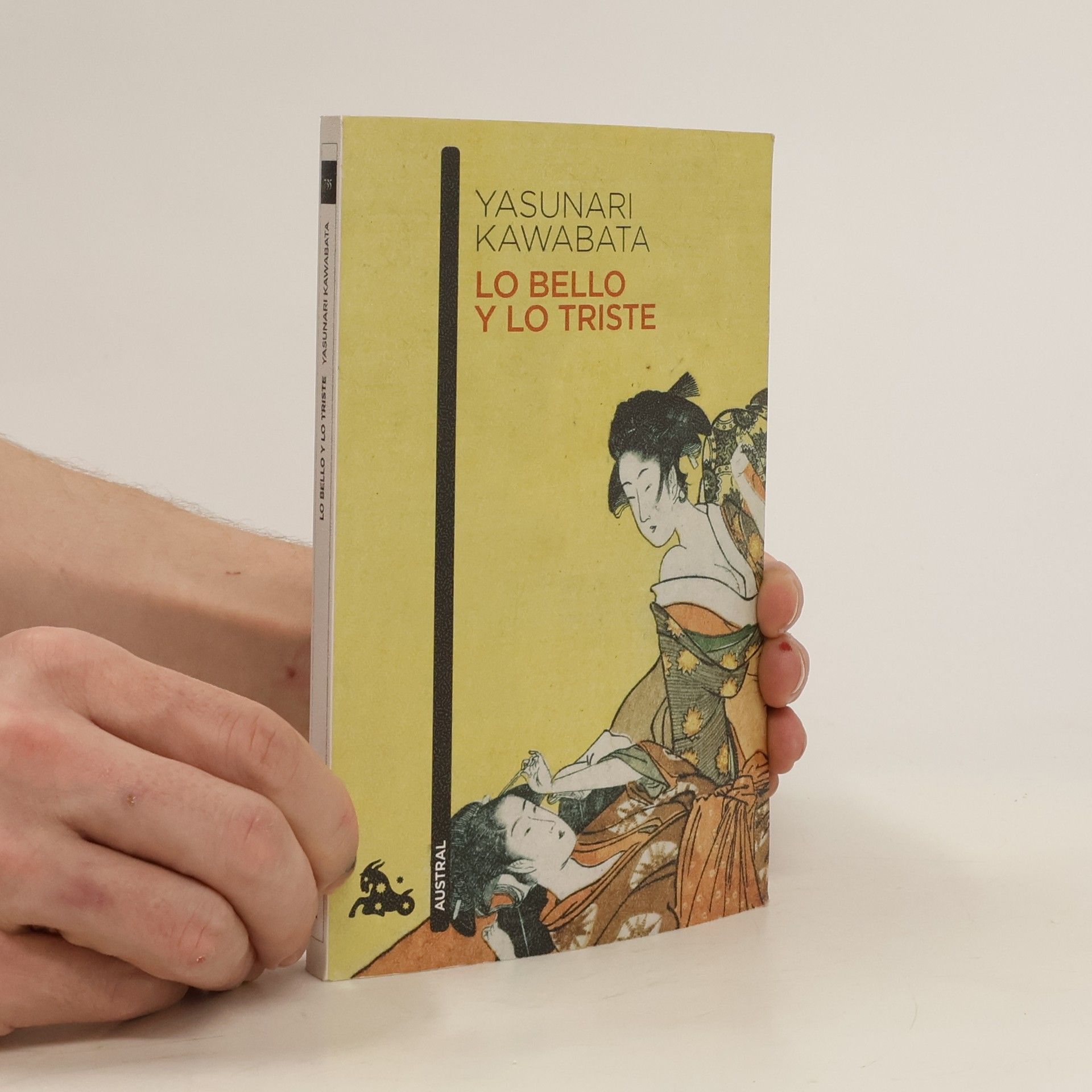
Kioto
- 312 páginas
- 11 horas de lectura
Yo no tengo clase de fuerza que tiene el arce. Estoy más cerca de las violetas que crecen en los huecos del árbol. Kioto comparte el tono etéreo y el irisado estilo característico de la prosa de Yasunari Kawabata. Cuenta la historia de Chieko, la hija de un prestigioso diseador de kimonos, Takichiro, y su esposa Shige. Desde su niñez, le han dicho que una geisha la había abandonado cuando apenas era una recién nacida. Pero al cumplir los veinte años, ella conoce la verdad: ansiosos por ser padres, Takichiro y su mujer se la llevaron al hallarla, sola y en la oscuridad, bajo los cerezos. El amor que siente por ambos colma su corazón de tal modo que no siente deseos de encontrar a sus verdaderos progenitores. Hasta que hace un descubrimiento asombroso en el altar de una divinidad budista. Con el trasfondo de la ciudad de Kioto, antigua capital de Japón, esta novela describe la transmisión de la belleza y la tradición de una generación de artistas a la siguiente, y confronta las desorientadas fuerzas de la postguerra japonesa con una ambivalente mezcla de fascinación y resentimiento.
These stories by the 1968 Nobel laureate, some translated into German for the first time, showcase Kawabata's modernity and his unique Japanese sensualism and eroticism, influenced by Joyce and Proust. They exemplify subtle psychology and highlight Kawabata at the peak of his narrative mastery.
Palm-of-the-Hand Stories
- 240 páginas
- 9 horas de lectura
Winner of the Nobel Prize in Literature in 1968, Yasunari Kawabata is perhaps best known in the United States for his deeply incisive, marvelously lyrical novel "Snow Country," But according to Kawabata himself, the essence of his art was to be found in a series of short stories-which he called "Palm-of-the-Hand Stories"-written over the entire span of his career. He began experimenting with the form in 1923 and returned to it often. In fact, his final work was a "palm-sized" reduction of "Snow Country," written not long before his suicide in 1972. Dreamlike, intensely atmospheric, at times autobiographical and at others fantastical, these stories reflect Kawabata's abiding interest in the miniature, the wisp of plot reduced to the essential. In them we find loneliness, love, the passage of time, and death. "Palm-of-the-Hand Stories" captures the astonishing range and complexity of one of the century's greatest literary talents.
First Snow on Fuji
- 246 páginas
- 9 horas de lectura
Exploring the complexities of love and identity, this collection features nine poignant stories and a brief play by Japan's first Nobel laureate. Kawabata's clear narrative style reveals the struggles of suburban lovers who grapple with self-knowledge and emotional connection. Noteworthy tales include "Silence," a Kafkaesque reflection on an elderly novelist's isolation, and the title story, where a separated couple confronts their lost past. This beautifully spare work delves into themes of art, loss, and the passage of time, showcasing Kawabata's mastery.
The Sound of the Mountain
- 288 páginas
- 11 horas de lectura
Librarian's note: An alternate cover of this ISBN can be found here.From the Nobel Prize-winning writer and acclaimed author of Snow Country comes a beautiful rendering of the predicament of old age—about an elderly Tokyo businessman who must face the failures of his memory and the sudden upsurges of passion that illuminate the end of a life.“A rich, complicated novel…. Of all modern Japanese fiction, Kawabata’s is the closest to poetry.” —The New York Times Book ReviewBy day Ogata Shingo, an elderly Tokyo businessman, is troubled by small failures of memory. At night he associates the distant rumble he hears from the nearby mountain with the sounds of death. In between are the complex relationships that were once the foundations of Shingo’s life: his trying wife; his philandering son; and his beautiful daughter-in-law, who inspires in him both pity and the stirrings of desire. Out of this translucent web of attachments, Kawabata has crafted a novel that is a powerful, serenely observed meditation on the relentless march of time.Translated from the Japanese by Edward G. Seidensticker
The Master of Go
- 240 páginas
- 9 horas de lectura
Go is a game of strategy in which two players attempt to surround each other's black or white stone. In this fictional chronicle of a match played between a revered and invincible Master and a younger, more progressive opponent, Kawabata captures the moment when traditonal imperial Japan meets the twentieth century.
One of the most influential figures in modern Japanese fiction, Yasunari Kawabata is treasured for the intensity of his perception and the compressed elegance of his style. This new collection compiles twenty-two stories now appearing in English for the first time in book form. In moving selections that sketch the outlines of the young author's life of survivorship, Martin Holman's graceful translation captures the delicate nuances of Kawabata's enduring prose.

